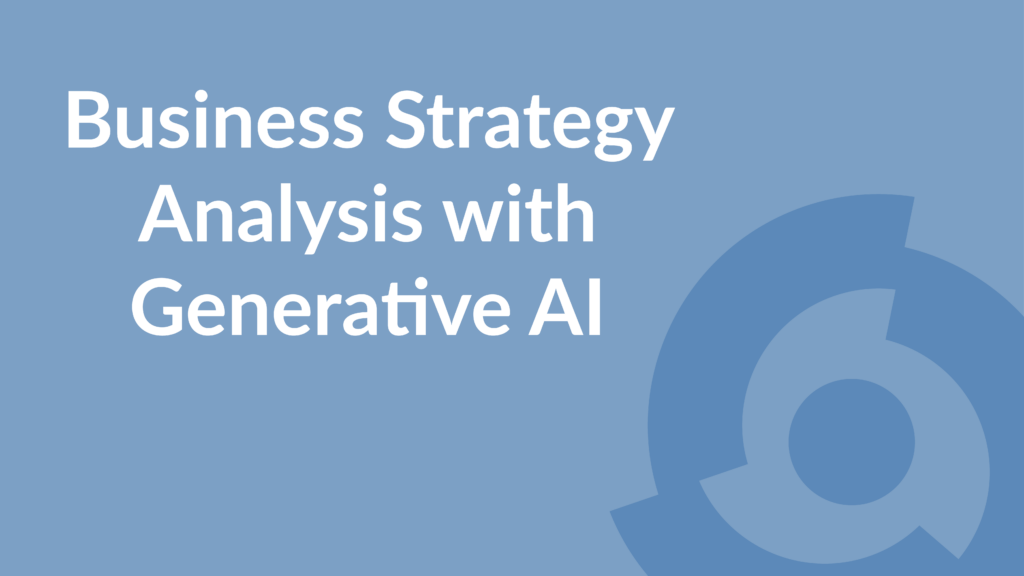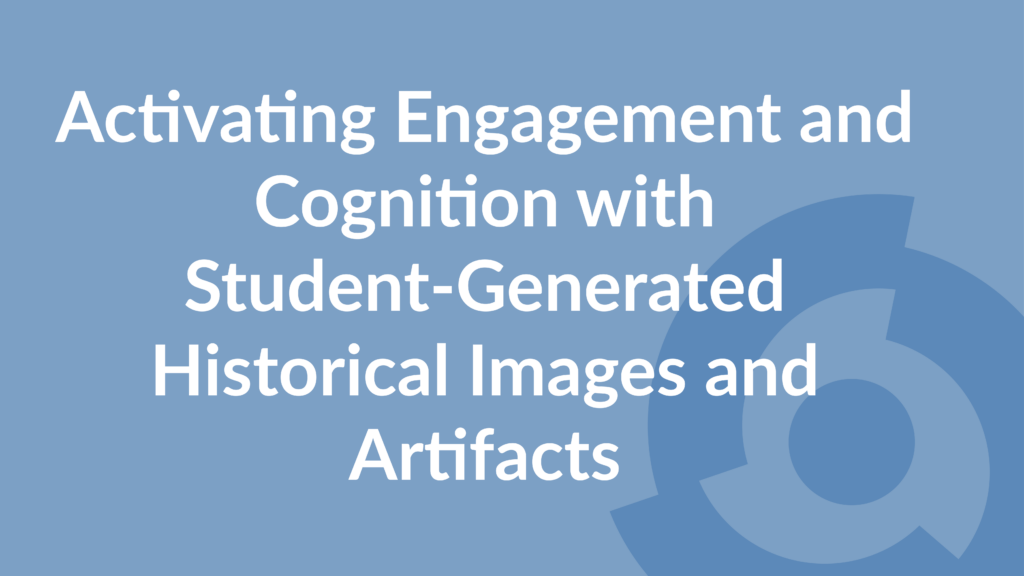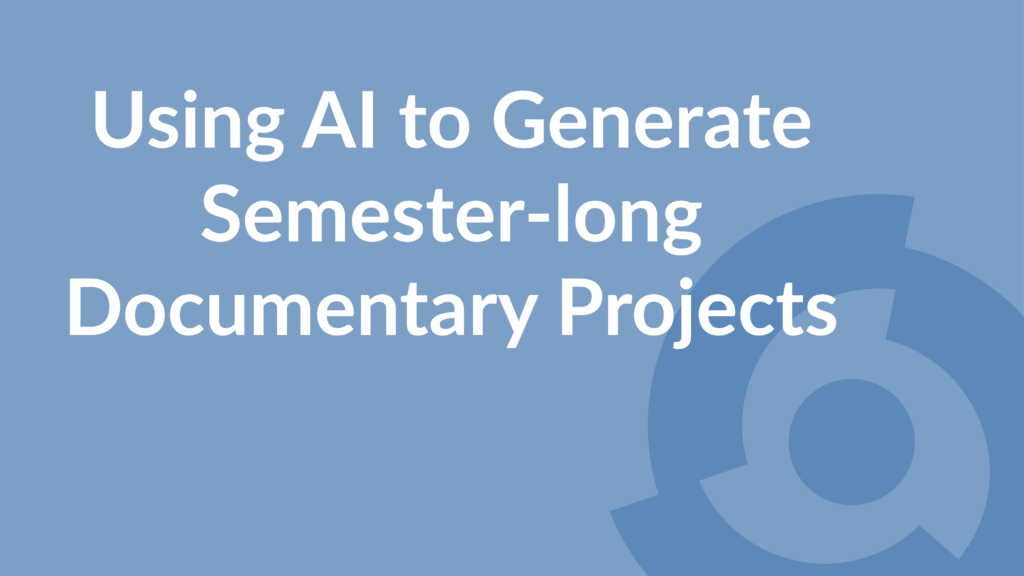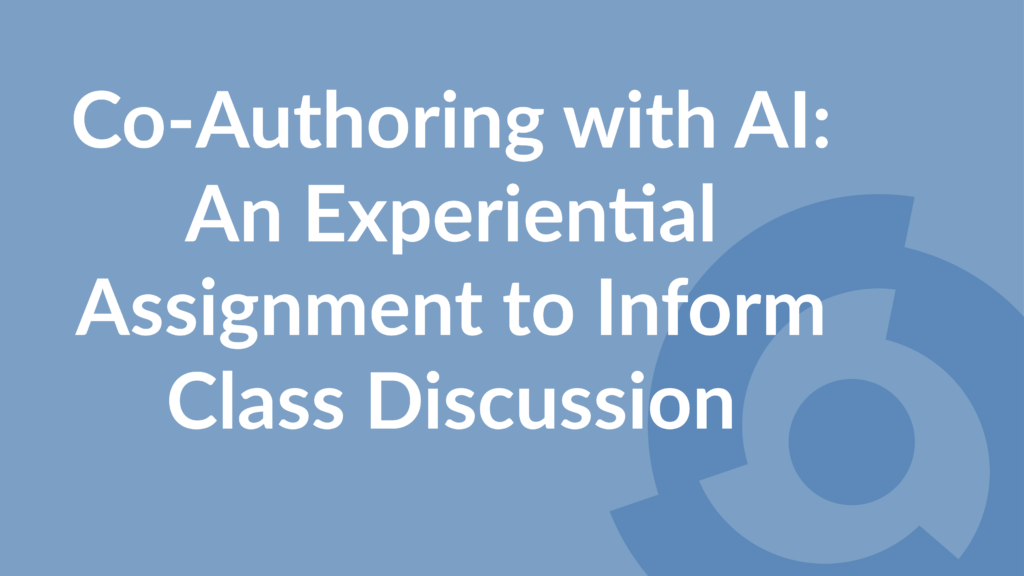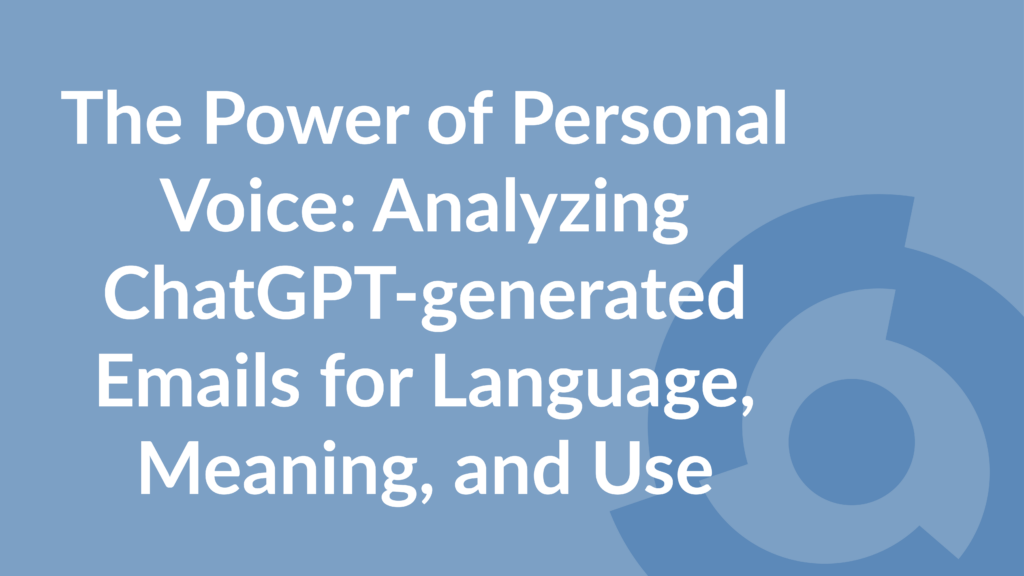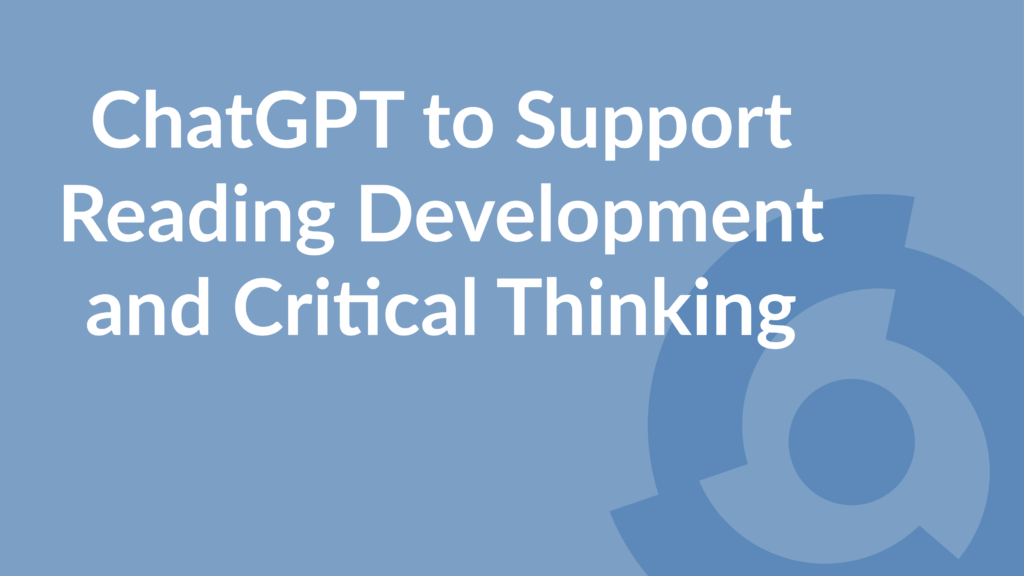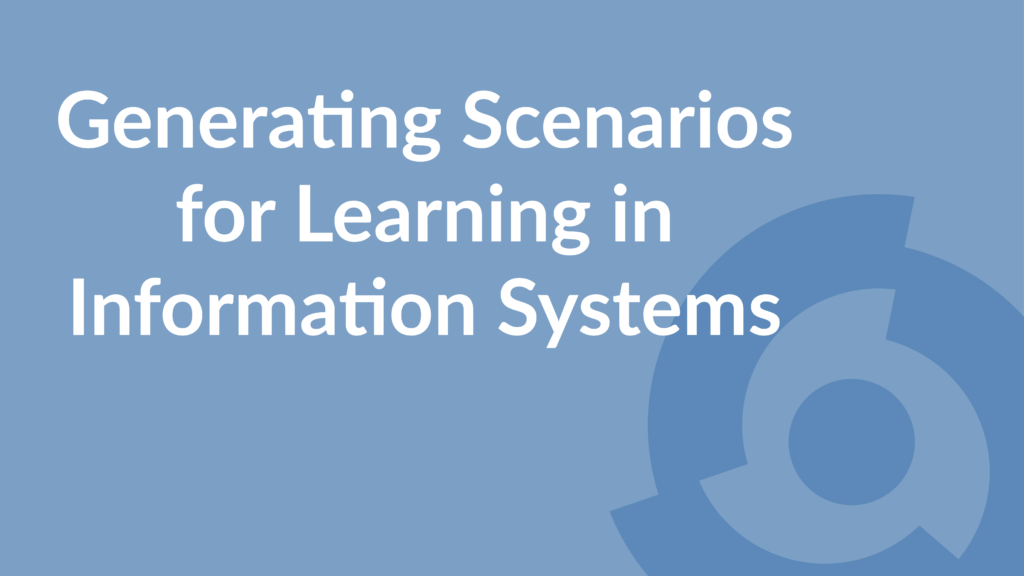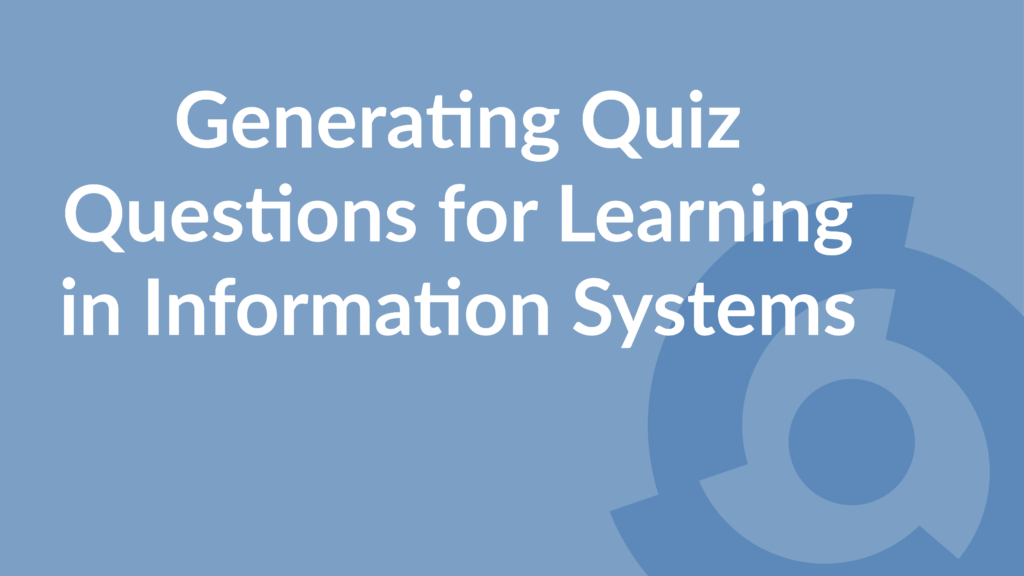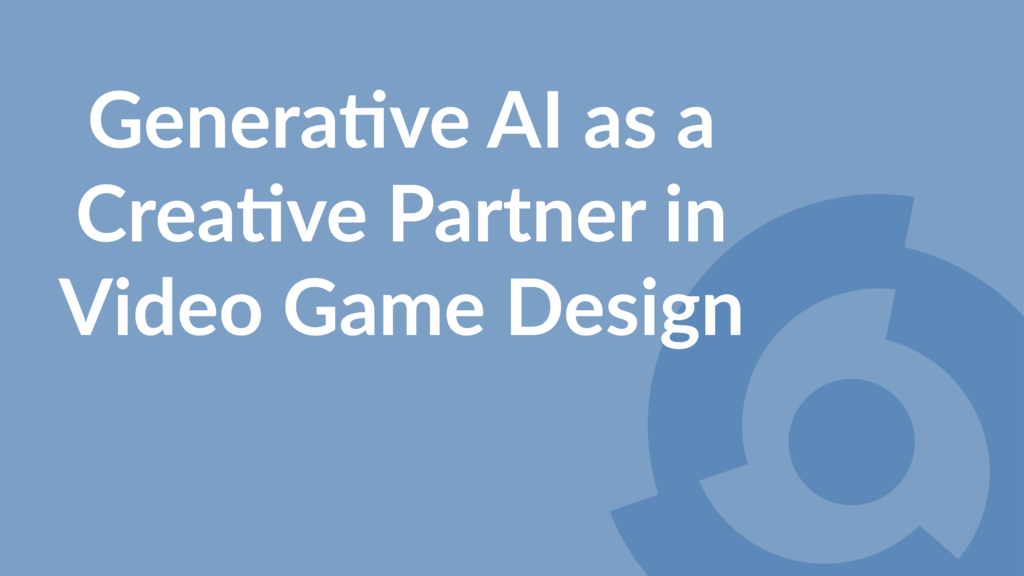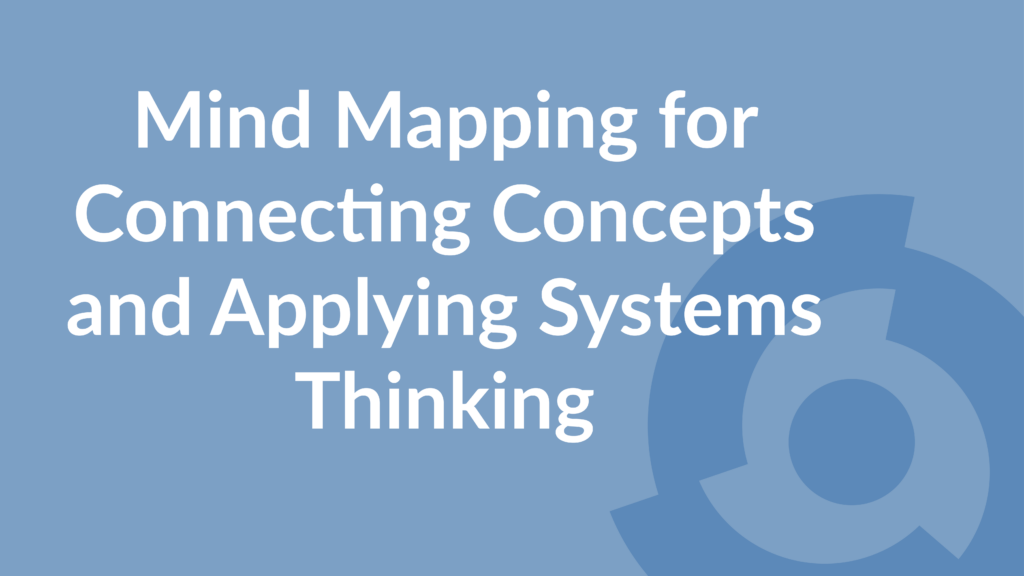AI Gallery
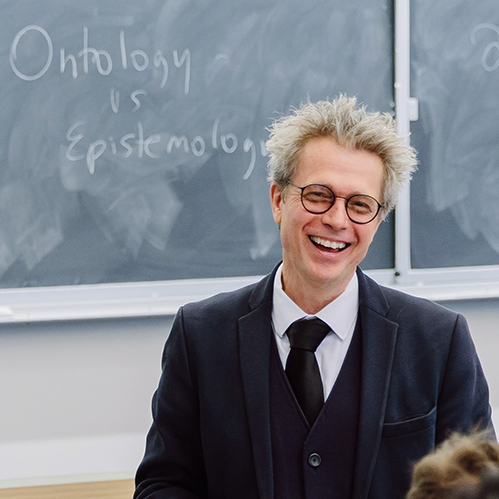
During the COVID-19 pandemic, my students were preoccupied with their phones and computers and seemed disengaged from the class. With the adoption of Generative AI, students are still using their phones, but they are actively participating in class and are deeply involved in the course material. Generative AI has enhanced their learning experience and engagement with the subject matter.
Balazs Szelenyi
Associate Teaching Professor
Director of Faculty and Lead Teacher, International Programs
College of Professional Studies

I have seen students push the generative AI models to the limits and then create new, better models. I find this exciting and this is what I’d like to see our students do.
Alex Cline
Assistant Professor Computing and Information Systems, London

The generative AI horse has left the barn, so to speak, and we can’t avoid it. We must keep learning about the technologies and appreciating them.
Yvonne Lueng
Assistant Teaching Professor College of Professional Studies

Organizations are looking for problem solvers who will help them understand how best to make use of generative AI. Our students have that opportunity because the rules of success in using generative AI capabilities have not been determined. Those who discover how to improve their effectiveness with generative AI will be the most successful.
Martin Dias
Associate Teaching Professor D’Amore-McKim School of Business

In the creative fields, use of generative AI will be the industry standard. We must ensure that students are prepared for this workplace.
Derek Curry
Associate Professor College of Arts, Media and Design

I began incorporating generative AI into my teaching practices in March of 2023 because I was excited about the opportunity to innovate. However, I also had a sense that this technology would really change the nature of teaching and learning, so I needed to understand it myself in order to prepare students for an AI-enhanced world.
Rachel Toncelli
Lecturer, NU Global, Undergraduate Programs, College of Professional Studies

The most important advice I would give is to have an open mind about how generative AI might enhance teaching. We cannot deny that developments in generative AI are rapid, disruptive, and quite controversial. However, we should remain focused on the fact that good teaching should always drive the use of technology and not the reverse.
Ilka Kostka
Teaching Professor NU Global, Undergraduate Programs, College of Professional Studies

Incorporating generative AI into my teaching strategy is centered on personalizing student learning experiences and enhancing creative engagement. I use GenAI to tailor assignments to individual interests, ensuring they align with key learning objectives and foster a deeper connection to the material. GenAI acts as a supportive tool for students, serving as a co-pilot in their educational journey, which emphasizes their active role in learning.
Lilo Altali
Assistant Teaching Professor
Undergraduate Program Lead, Project Management
College of Professional Studies

Generative AI is integral to society, and education must reflect this role as much as any other aspect of our environment.
Kwong Chan
Senior Academic Specialist, Marketing; Executive Director, DATA Initiative College: D’Amore-McKim School of Business

During the COVID-19 pandemic, my students were preoccupied with their phones and computers and seemed disengaged from the class. With the adoption of Generative AI, students are still using their phones, but they are actively participating in class and are deeply involved in the course material. Generative AI has enhanced their learning experience and engagement with the subject matter.
Balazs Szelenyi
Associate Teaching Professor
Director of Faculty and Lead Teacher, International Programs
College of Professional Studies

I have seen students push the generative AI models to the limits and then create new, better models. I find this exciting and this is what I’d like to see our students do.
Alex Cline
Assistant ProfessorComputing and Information Systems, London

The generative AI horse has left the barn, so to speak, and we can’t avoid it. We must keep learning about the technologies and appreciating them.
Yvonne Leung
Assistant Teaching Professor College of Professional Studies

Organizations are looking for problem solvers who will help them understand how best to make use of generative AI. Our students have that opportunity because the rules of success in using generative AI capabilities have not been determined. Those who discover how to improve their effectiveness with generative AI will be the most successful.
Martin Dias
Associate Teaching Professor D’Amore-McKim School of Business

In the creative fields, use of generative AI will be the industry standard. We must ensure that students are prepared for this workplace.
Derek Curry
Associate Professor College of Arts, Media and Design

I began incorporating generative AI into my teaching practices in March of 2023 because I was excited about the opportunity to innovate. However, I also had a sense that this technology would really change the nature of teaching and learning, so I needed to understand it myself in order to prepare students for an AI-enhanced world.
Rachel Toncelli
LecturerCollege of Professional Studies

The most important advice I would give is to have an open mind about how generative AI might enhance teaching. We cannot deny that developments in generative AI are rapid, disruptive, and quite controversial. However, we should remain focused on the fact that good teaching should always drive the use of technology and not the reverse.
Ilka Kostka
Teaching Professor College of Professional Studies

Incorporating generative AI into my teaching strategy is centered on personalizing student learning experiences and enhancing creative engagement. I use GenAI to tailor assignments to individual interests, ensuring they align with key learning objectives and foster a deeper connection to the material. GenAI acts as a supportive tool for students, serving as a co-pilot in their educational journey, which emphasizes their active role in learning.
Lilo Altali
Assistant Teaching Professor
Undergraduate Program Lead, Project Management
College of Professional Studies

Generative AI is integral to society, and education must reflect this role as much as any other aspect of our environment.
Kwong Chan
Senior Academic Specialist, Marketing
Executive Director, DATA Initiative
D’Amore-McKim School of Business

